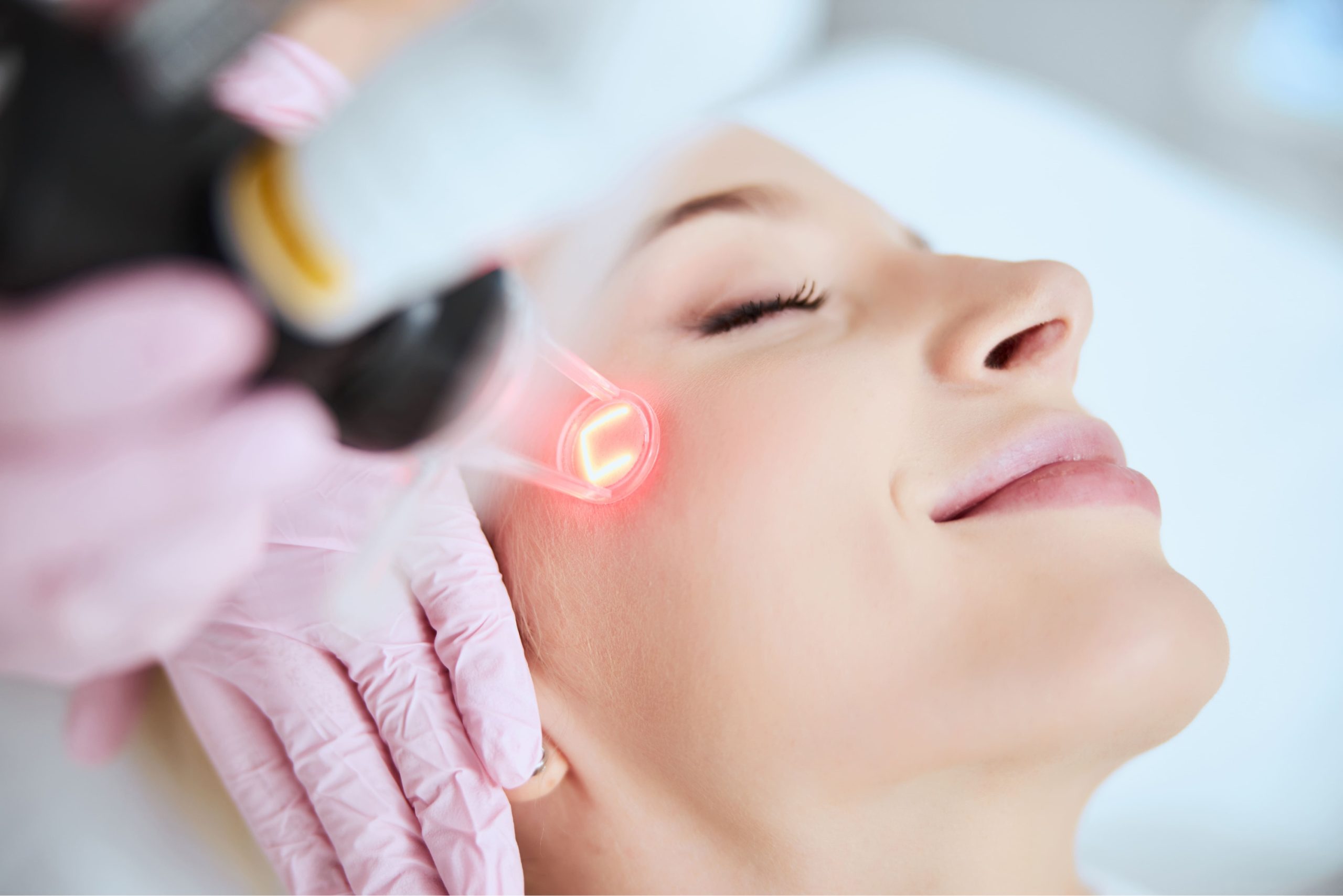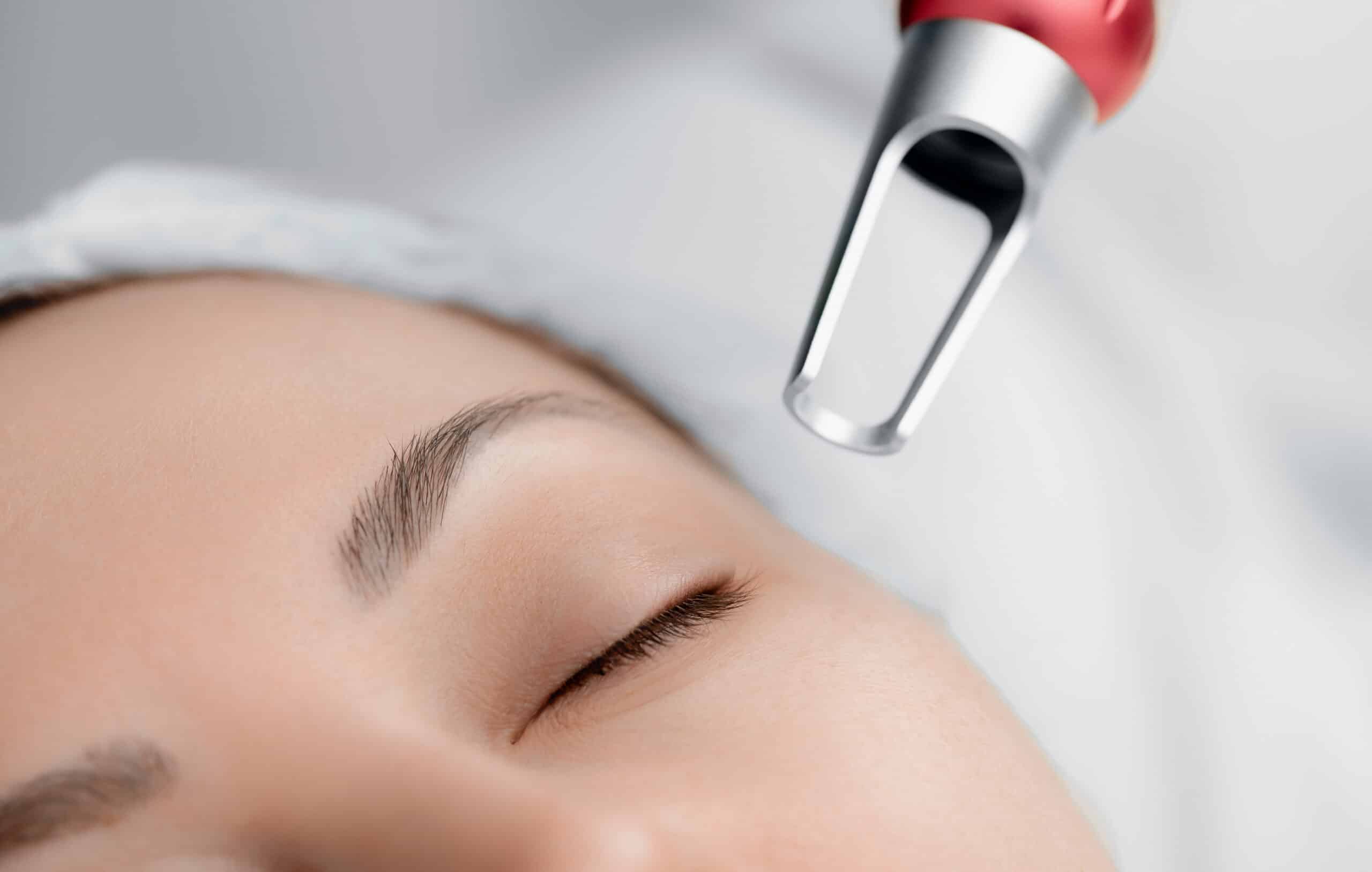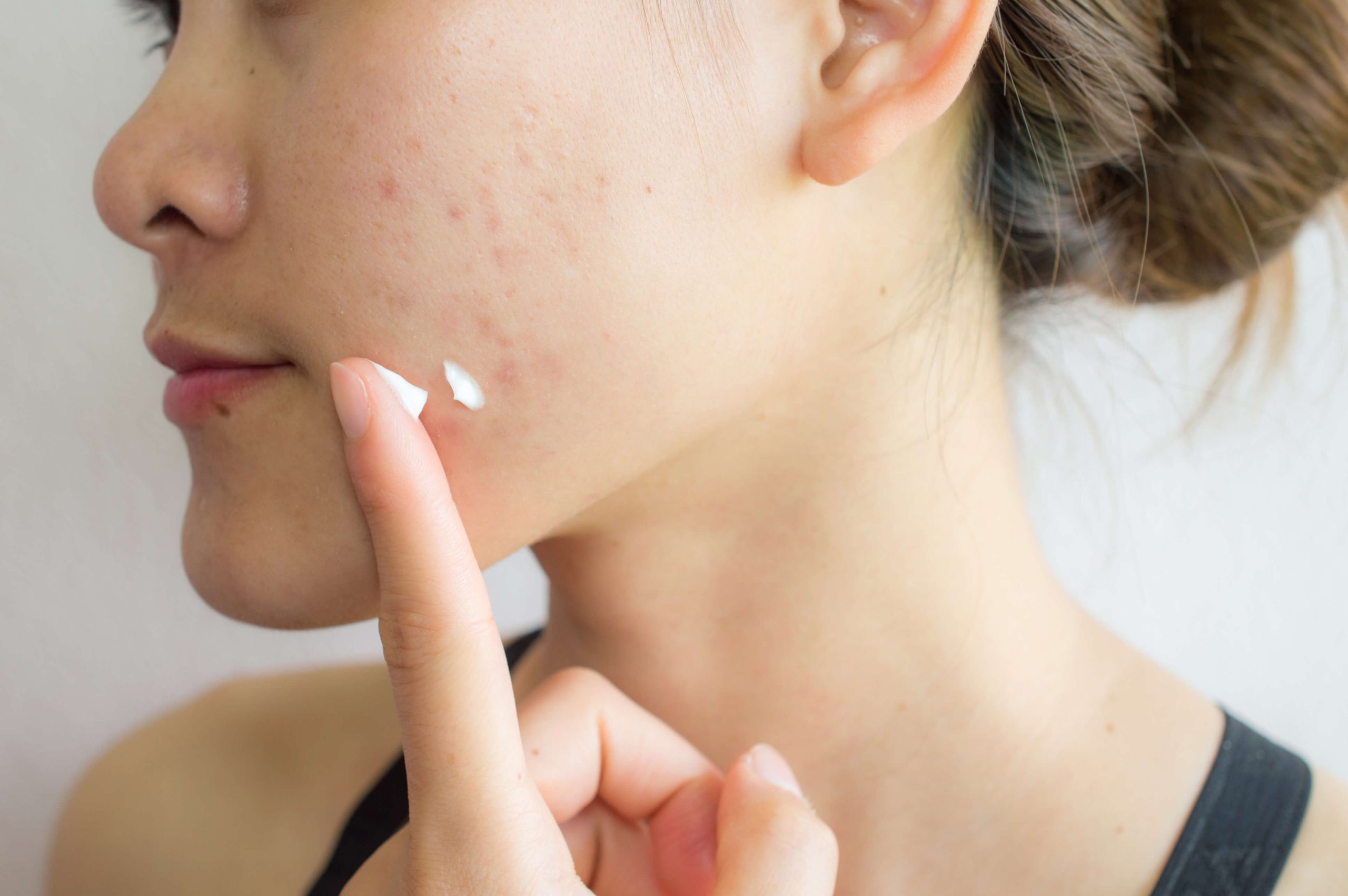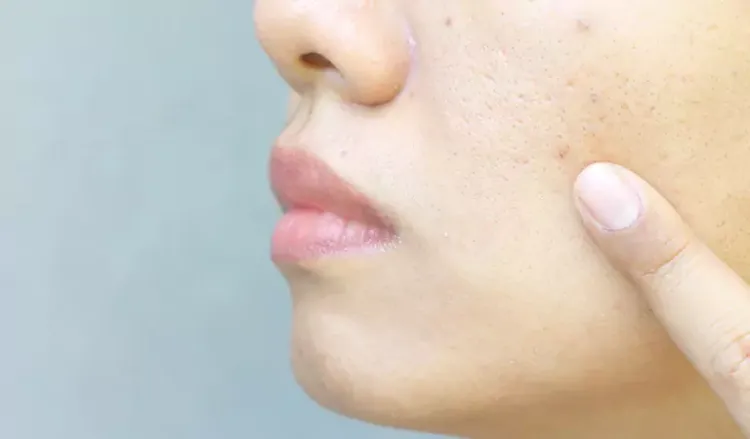
Diabetic eye disease, encompassing conditions like diabetic retinopathy, diabetic macular edema, and cataracts, remains a leading cause of vision loss among adults. Managing diabetes effectively and adhering to the Best Practices in Diabetic Eye Disease Treatment can significantly improve vision outcomes for individuals with this condition.
1. Regular Eye Examinations
Routine eye exams are crucial for early detection and management of diabetic eye disease. Annual comprehensive dilated eye exams allow ophthalmologists to monitor changes in the retina and macula, identify potential complications early, and adjust treatment plans accordingly. Early intervention can prevent or minimize vision loss.
2. Blood Sugar Management
Controlling blood glucose levels is fundamental in preventing and managing the Best Practices in Diabetic Eye Disease Treatment. Maintaining HbA1c levels within the target range reduces the risk of retinal damage. Patients should work closely with their healthcare team to create and follow a personalized diabetes management plan that includes diet, exercise, and medication.

3. Blood Pressure Control
High blood pressure exacerbates diabetic eye disease and accelerates vision loss. Regular monitoring and management of blood pressure are essential. Lifestyle changes, such as a balanced diet, regular exercise, and, if necessary, antihypertensive medications, can help maintain blood pressure within normal limits.
4. Use of Anti-VEGF Therapy
Anti-VEGF (vascular endothelial growth factor) therapy is a groundbreaking treatment for diabetic macular edema. These medications, administered through injections into the eye, help reduce fluid leakage and swelling in the macula, improving vision. Regular treatment as prescribed by an ophthalmologist can significantly enhance visual acuity.
5. Laser Therapy
Laser photocoagulation is a proven method for treating diabetic retinopathy. This procedure uses laser energy to target and seal leaking blood vessels in the retina, preventing further damage and stabilizing vision. While not a cure, laser therapy can effectively manage advanced stages of diabetic retinopathy.
6. Lifestyle Modifications
Adopting a healthy lifestyle can positively impact eye health. A balanced diet rich in antioxidants and omega-3 fatty acids, regular physical activity, and avoiding smoking contribute to overall well-being and eye health. These habits support the body’s ability to manage diabetes and mitigate complications.










